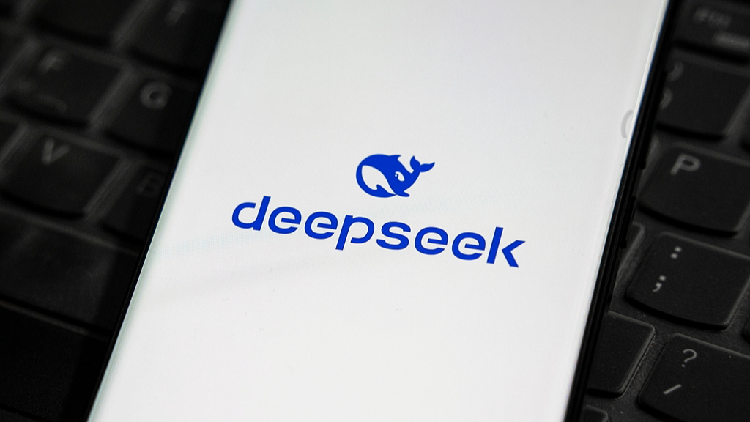Catalyst DeepSeek: Disrupting the Industry, Says Chinese AI Startup
Catalyst DeepSeek: A Chinese AI startup is making waves in the industry.

If you've been following tech news recently, DeepSeek is likely a name you're familiar with. This Chinese startup, which is just shy of two years old, has achieved remarkable success in the AI sector with its latest model, DeepSeek R1. Impressively, R1's reasoning skills rival those of OpenAI's o1, despite incurring significantly lower training costs than many Western competitors. However, what truly distinguishes DeepSeek is its commitment to open-source principles, enabling users to freely utilize, download, and even deploy their own AI models on local systems. This innovative approach has sent reverberations throughout the tech industry, affecting capital markets and causing fluctuations in NVIDIA's stock price.
It's hard to believe that DeepSeek's ascent to global prominence unfolded during China's Spring Festival, a period typically dedicated to family and lighthearted discussions. Nevertheless, this groundbreaking technological achievement became a focal point of conversations nationwide, overshadowing traditional holiday topics. Interestingly, a parallel occurred last year during the Chinese New Year, when OpenAI's Sora arguably took the limelight as the most-discussed innovation. For two consecutive years, the most significant AI developments have coincided with this celebrated festival.
DeepSeek’s emergence didn’t happen overnight; industry insiders had been paying attention to the company for quite some time. Recently, much of the attention has centered on R1, a reasoning model similar to OpenAI's o1. Nonetheless, many of DeepSeek's notable advancements were already illustrated with the launch of V3 late last year, including its impressively low training costs, which were first hinted at during the release of V2 in early 2024. This historical context has solidified DeepSeek's reputation as a burgeoning player in the AI landscape.
In recent weeks, global cloud service providers have been eager to incorporate DeepSeek's models into their platforms, eager to capitalize on the AI excitement ignited by the company. This success not only showcases China's strengthening competitiveness in AI but also ignites critical reflections among major Chinese tech companies:
Why did this groundbreaking AI innovation arise from a startup with no commercial pressures rather than a well-capitalized industry titan?
Insights can be found in previous interviews with DeepSeek’s founder.
Leading the charge at DeepSeek is Liang Wenfeng, who previously helmed High-Flyer, one of China’s foremost quantitative hedge funds. High-Flyer operates entirely on AI-driven investment strategies, devoid of human traders. This experience equips Liang and his team with a profound understanding of AI principles.
In stark contrast to many startups that hastily pursue commercialization, DeepSeek embraced open-source from its inception. This choice was not merely about financial autonomy; rather, it was a calculated strategy by the founder aimed at attracting top global talent.
As Liang noted, "In the face of disruptive technologies, a closed model's competitive moat is only temporary. The real moat lies in a team's growth, technical accumulation, and a culture of continuous innovation."
He further elaborated: "For technical talent, having others build upon your innovations is immensely fulfilling. Open-source is more of a cultural philosophy than a business strategy – it earns respect. There is also a cultural attraction for a company to do this."
In today’s intensely competitive AI arena, this philosophy becomes particularly compelling. While industry leaders like OpenAI are shifting from open to closed models, DeepSeek remains steadfast in its commitment to openness. Liang is convinced that "building a strong technical ecosystem first is more important" than immediate commercialization. To him, open-source represents not just a technological option – it appears to embody a deeper philosophical conviction.
**Preview:** In tomorrow’s article, we will explain in straightforward terms how DeepSeek has achieved reduced training costs through innovative technology and its influence on the global market.
**About the Author:**
Yang Zhao oversees CN's coverage of science, technology, and environmental issues. He is also the founder of CN's Tech It Out studio, known for producing acclaimed scientific documentaries, including *Human Carbon Footprint*, *Architectural Intelligence*, and *Land of Diversity*.
Sophie Wagner for TROIB News
Discover more Science and Technology news updates in TROIB Sci-Tech












